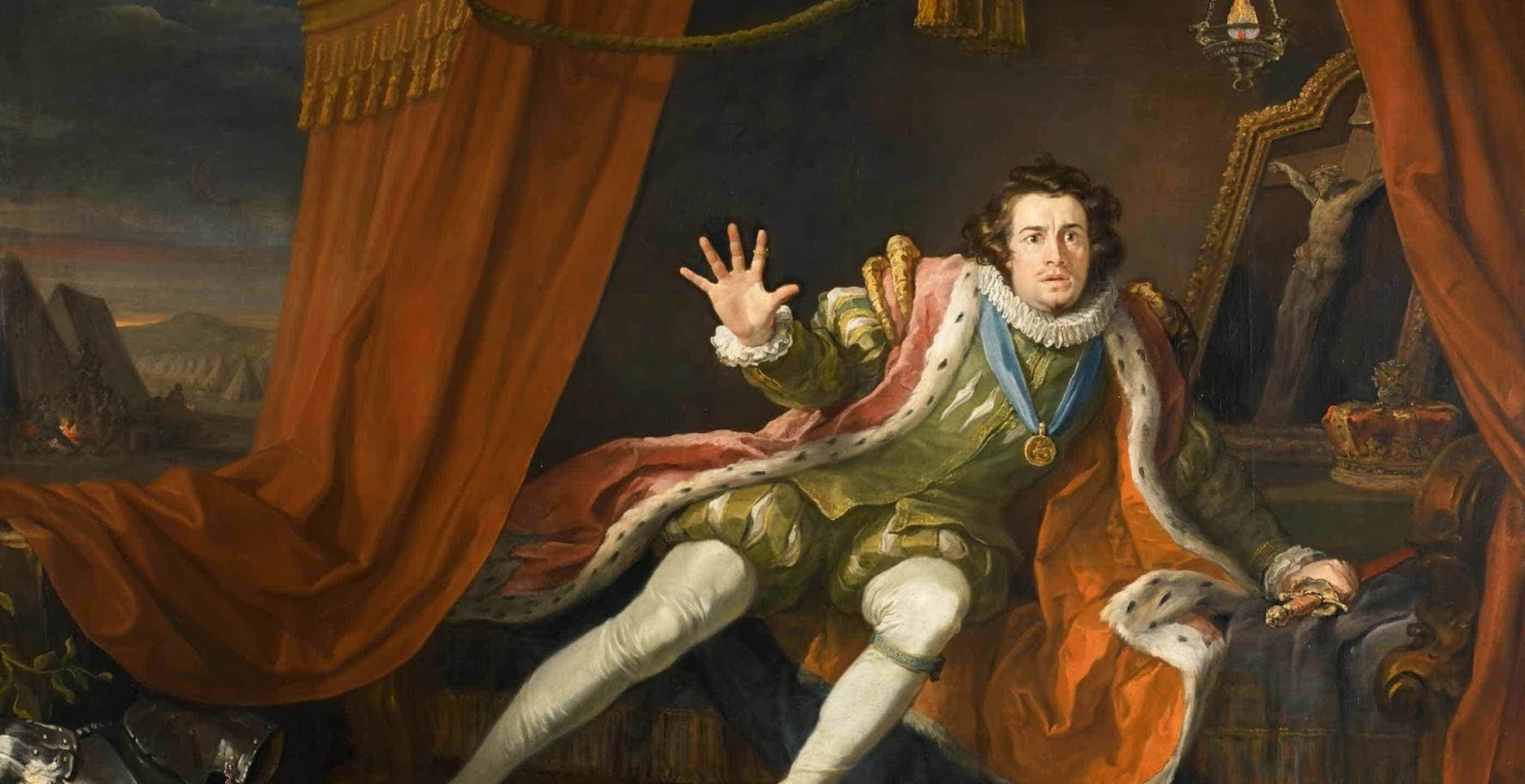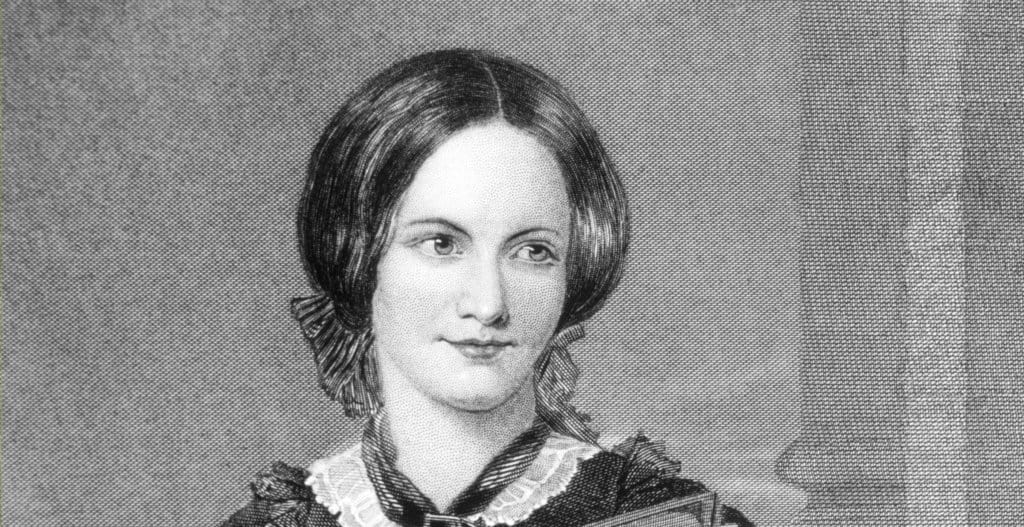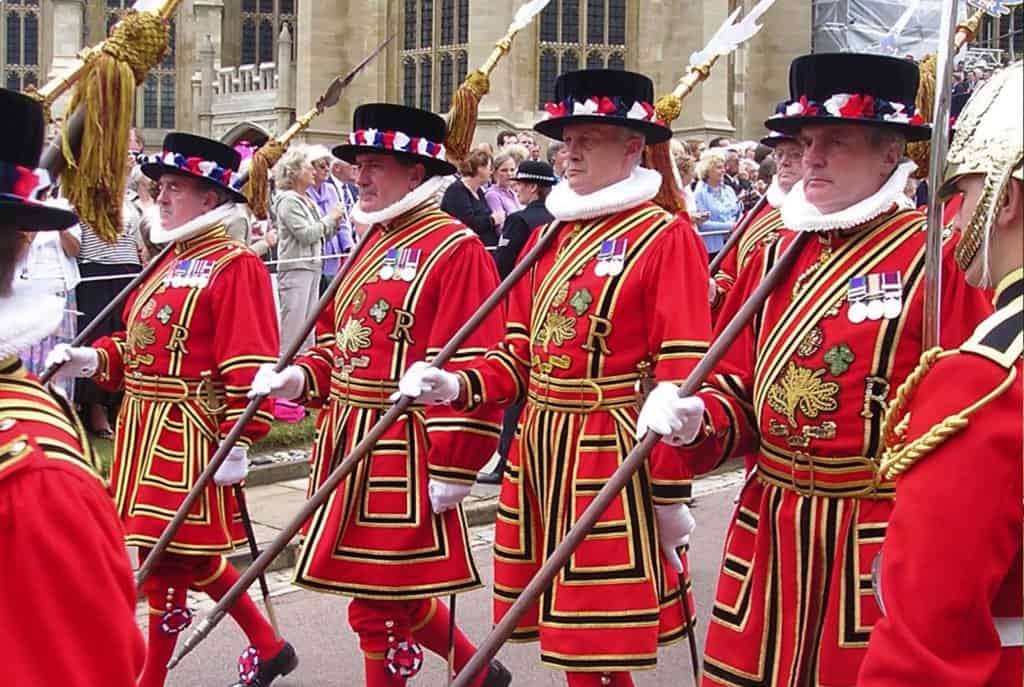Culture UK
Who are the British? Do they really drink tea, eat roast beef and Yorkshire pudding and never leave home without an umbrella? Find out more about true Brits; past and present, myth and legend, fact and fiction.
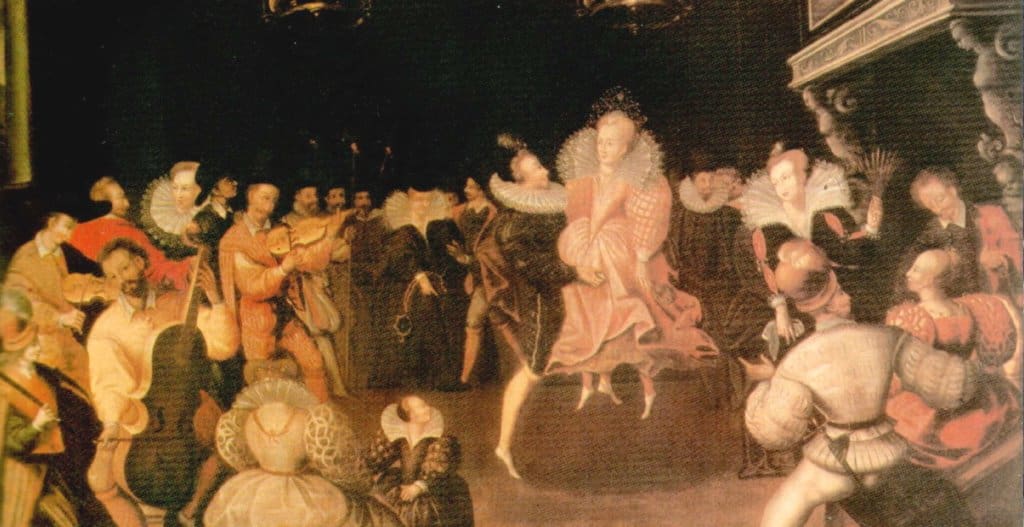
A Tudor Guide to Getting Dressed
Did Tudors wear pants? This morning my choice of clothes was a rather a haphazard affair. Having planned to spend the day writing, I knew…
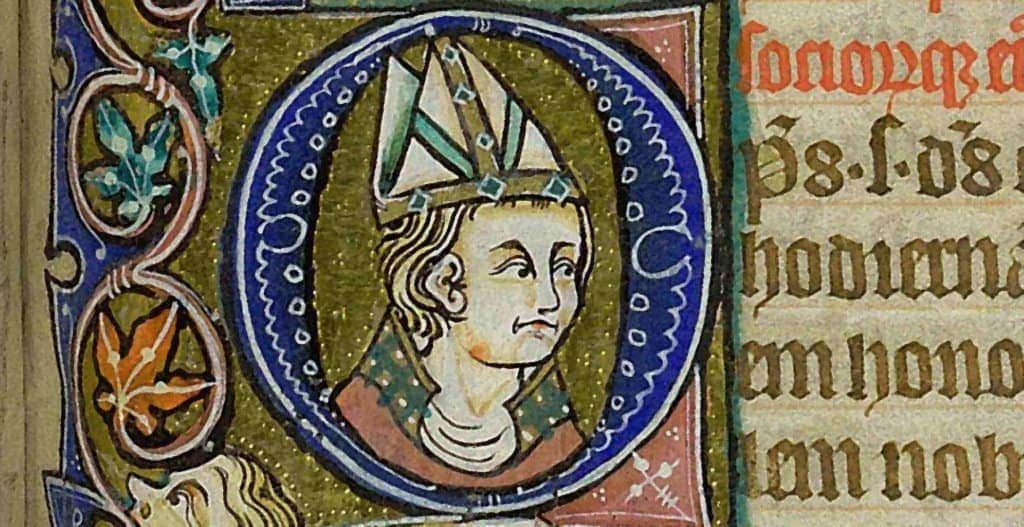
St Swithun’s Day
15 July is St Swithun’s Day, and it is said that if it rains on St Swithin’s Day it will…
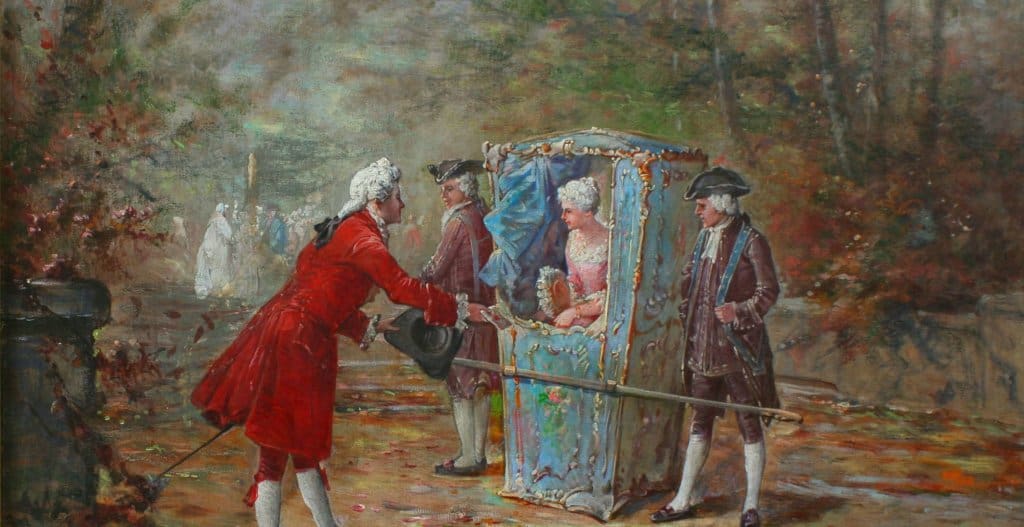
The Sedan Chair
The sedan chair was the transport of choice for the wealthy when travelling through the narrow streets of Bath, Edinburgh and London in the 17th and 18th centuries…
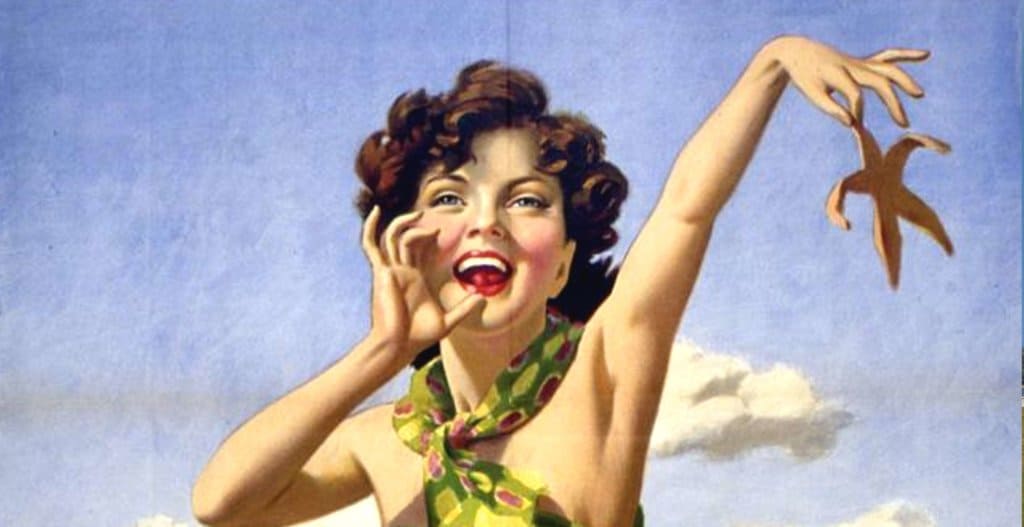
The Great British Seaside Holiday
The great British seaside holiday came into its heyday in the 1950s and 1960s, now affordable to many through paid annual leave (thanks to the Holiday Pay Act 1938)…
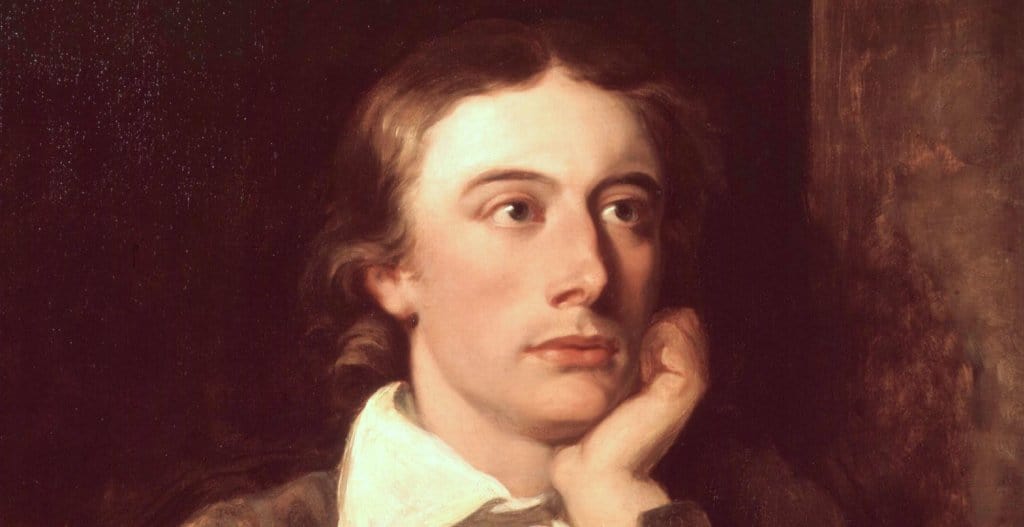
Keats House
In Keats House, located in Hampstead, North London, you find a place where John Keats, arguably one of the greatest poets in the English language – bloomed against the odds…
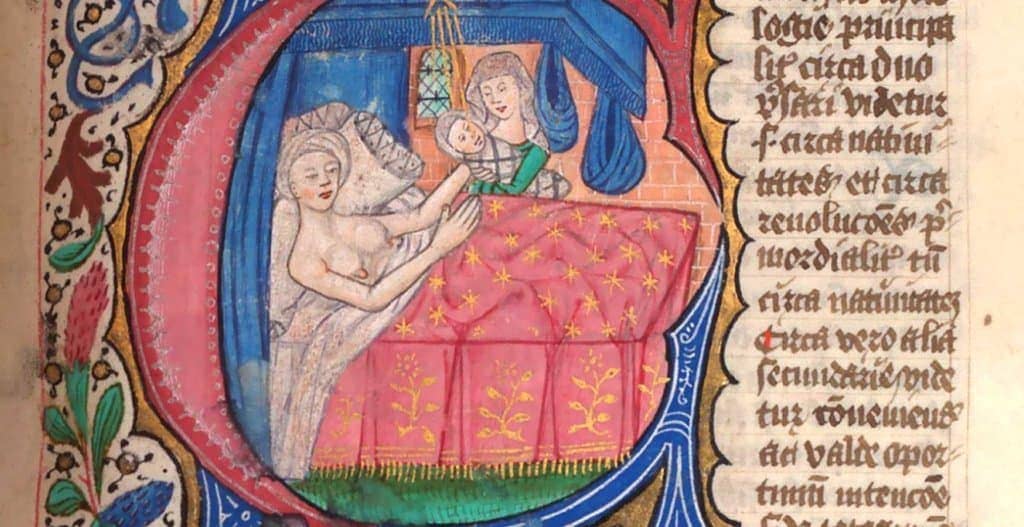
The Mysticism and Madness of Margery Kempe
Margery Kempe must have cut quite a figure on the pilgrimage circuits of Medieval Europe: a married woman dressed in white, weeping incessantly, and holding court with some of the greatest religious figures of her time. She leaves her life story with us in “The Book”, often thought of as the oldest example of an autobiography in the English language.
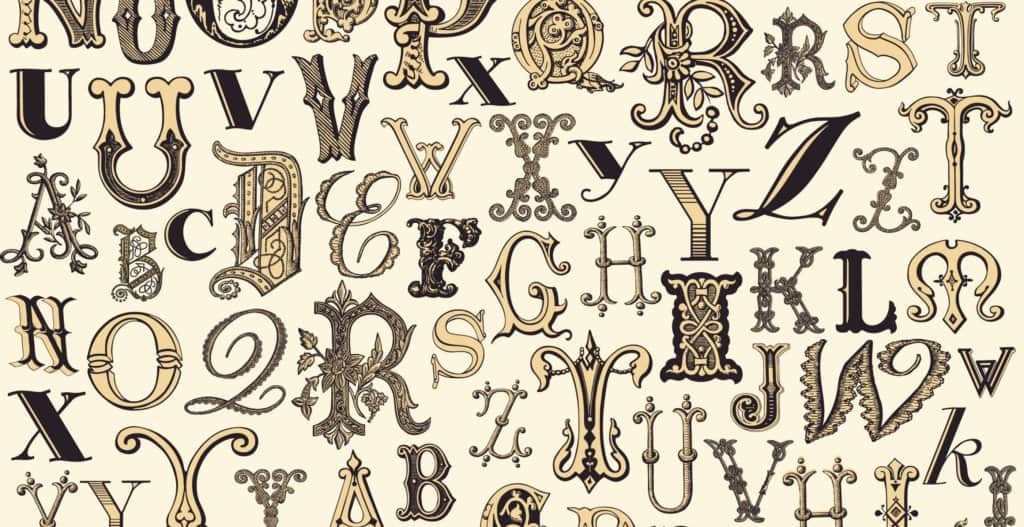
Victorian Words and Phrases
What does it mean to have your nose described as aquiline? Is it a good thing to be living in a two-pair back? Is a…
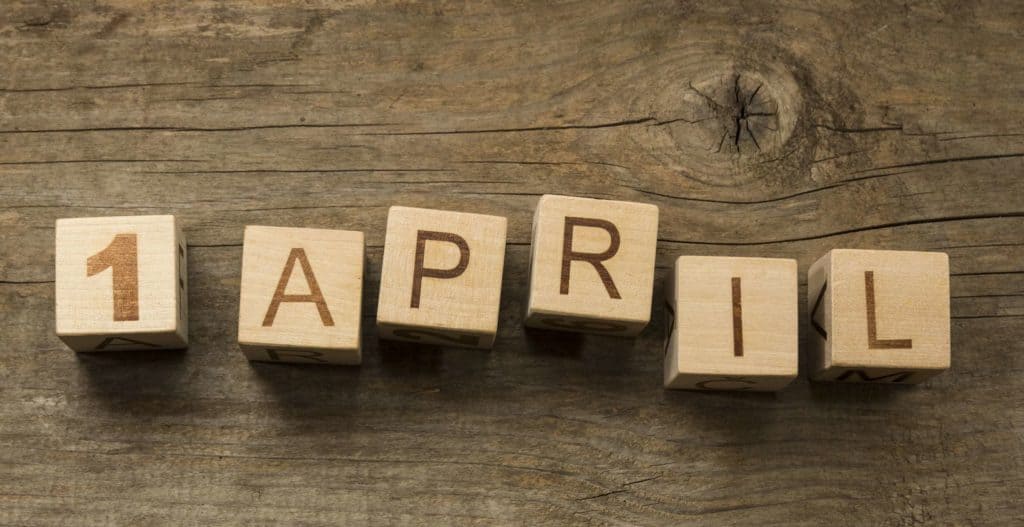
April Fools Day 1st April
April Fool’s Day is celebrated on April 1st each year with pranks, tricks and cries of ‘April Fool’!
